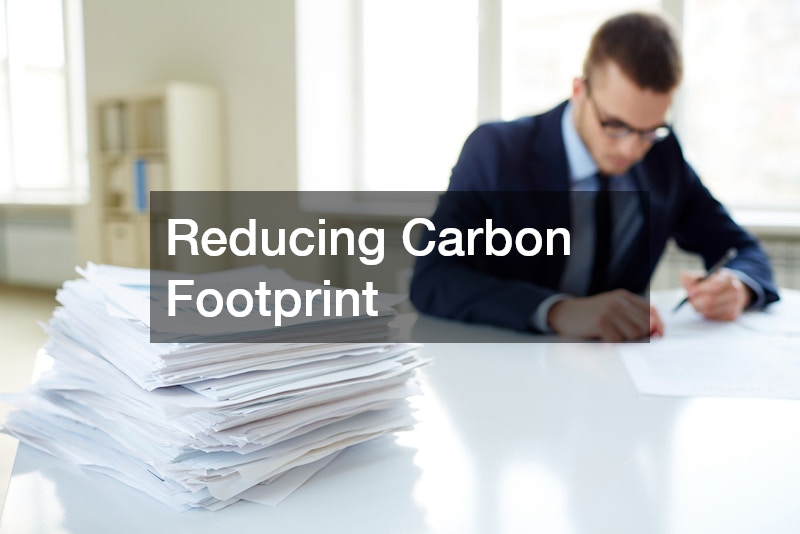Protecting personal information is more important than ever. Document shredding companies play a crucial role in safeguarding your identity by securely disposing of sensitive materials. This article delves into the common concerns and questions regarding document shredding services.
Types of Documents That Should Be Shredded
Understanding Sensitive Documents
In the realm of protecting personal information, identifying sensitive documents is vital. Bank statements, tax returns, and medical records are all examples of documents that contain personal data and require shredding to prevent identity theft.
When such information falls into the wrong hands, it can lead to detrimental consequences, including financial fraud and personal privacy violations.
Furthermore, bills, receipts, and credit card statements should also be considered when planning document destruction. Even though they may seem trivial, these types of documents often contain enough information to facilitate unauthorized access to your accounts. Therefore, it is essential to treat them with the same degree of caution as more overtly sensitive documents.
Additionally, any document that contains your signature or Social Security number should not be casually discarded. Even older documents, which may appear obsolete, can still provide enough data for identity thieves to exploit. By being comprehensive and meticulous in identifying sensitive documents, you can safeguard your personal identity effectively.
Frequency of Shredding
The frequency with which documents should be shredded depends on the type of information they contain. Monthly financial statements, such as bank or credit card documents, should be shredded after reconciliation and when further reference is unlikely. Keeping these documents longer than necessary only increases the risk of unauthorized access or theft.
Annual papers, like tax returns, have a longer retention period but should ultimately be destroyed securely after fulfilling legal or personal needs. Once these documents exceed their legal retention period, it is essential to dispose of them properly. Regular shredding helps mitigate these risks by maintaining a consistent disposal schedule.
Policies around shredding sensitive documents may vary between individuals and organizations, but maintaining an efficient shredding routine is universally beneficial. It ensures personal information remains secure while avoiding the unnecessary accumulation of potentially hazardous documents. With regular shredding, you can consistently uphold your privacy and security standards.
How Shredding Companies Ensure Security
Shredding Processes and Techniques
Document shredding companies employ various methods to ensure the secure disposal of sensitive information. Cross-cut and micro-cut shredding are two common practices that significantly increase the difficulty of reconstructing shredded documents. These techniques transform paper into confetti-like particles, vastly reducing the potential for illicit recovery.
Additionally, some companies apply advanced shredding equipment designed to handle various materials, including staples, paper clips, and even credit cards. This comprehensive approach removes any uncertainty regarding the completeness of the destruction process. By utilizing specialized shredding techniques, professional service providers deliver a robust safeguard against data breaches.
Furthermore, many shredding companies offer both on-site and off-site services to accommodate different security needs. On-site shredding allows you to witness the destruction process firsthand, providing an added layer of assurance. Regardless of the method chosen, the ultimate goal is to entrust sensitive documents to a rigorously secure shredding process.
Certifications and Compliance
Reputable document shredding companies adhere to strict industry certifications and compliance standards. Certifications like the National Association for Information Destruction (NAID) AAA are critical indicators of a shredding company’s credibility. By choosing a certified company, you ensure that they follow industry best practices for security and confidentiality.
Compliance with local and federal regulations, such as the Health Insurance Portability and Accountability Act (HIPAA) for healthcare information, is non-negotiable when dealing with sensitive materials. These regulations mandate specific handling and disposal procedures to protect individual privacy rights. Companies failing to comply with such standards not only risk legal repercussions but also undermine their clients’ trust.
It is important to verify the certifications and compliance credentials of potential shredding service providers. Doing so assures clients that their sensitive documents are managed by a company committed to reliability and security. With proper due diligence, selecting a trustworthy shredding partner can actively support your confidentiality goals.
The Environmental Benefits of Professional Shredding
Recycling Shredded Materials
A significant environmental benefit of professional shredding lies in the recycling of shredded materials. Many shredding companies partner with recycling facilities to divert shredded paper from ending up in landfills. This collaboration fosters a circular economy where waste materials are repurposed into new products.
Recycling not only contributes to conserving natural resources but also supports the paper manufacturing industry’s shift towards sustainable practices. Shredded paper serves as raw material, reducing the need for virgin pulp and lowering environmental impact. In choosing professional shredding services, individuals actively contribute to these environmental efforts.
Reducing Carbon Footprint
Document shredding services can help decrease your carbon footprint significantly. Efficient shredding and recycling processes minimize energy consumption and reduce greenhouse gas emissions compared to individual disposal methods. These efficient processes result from industry expertise and investment in state-of-the-art machinery.
The consolidation of shredding tasks at a professional level reduces the frequency of personal vehicle trips to shredding locations, thereby cutting vehicular emissions. Additionally, shredding companies often optimize their logistics to ensure fuel-efficient transport and delivery. This logistics optimization represents a measurable step towards carbon-neutral operations within the shredding industry.
Document shredding companies not only help protect your identity by securely destroying sensitive information but also promote environmental sustainability. By understanding what documents need shredding, how security is maintained, and the environmental benefits, you can make informed decisions to protect your privacy effectively. Engaging with certified, environmentally responsible shredding services ensures comprehensive protection for both your personal data and the planet.



